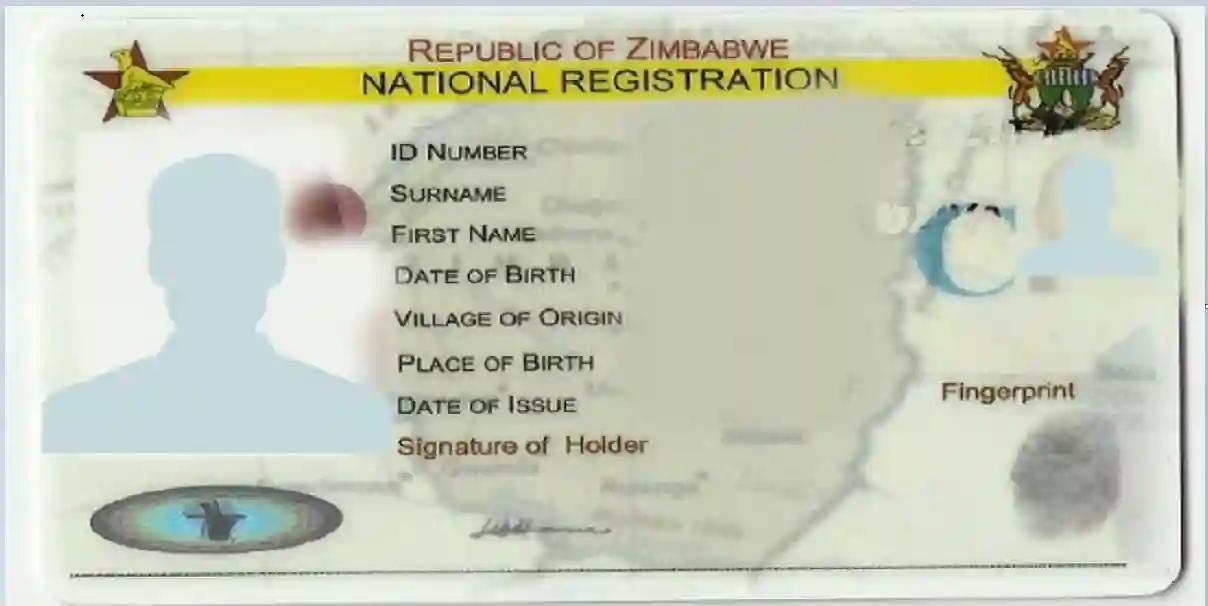Residents of Bulawayo have appealed to the Ministry of Home Affairs and Cultural Heritage to ease the requirements for obtaining vital documents such as birth certificates and national identification cards.
This would help address the challenges faced by stateless and undocumented individuals in accessing these important documents.
The call for reform comes after Amnesty International petitioned the Zimbabwean Parliament regarding the issue of statelessness in the country.
According to the UNHCR, an estimated 300,000 people in Zimbabwe are currently undocumented.
During public hearings held by the Portfolio Committee on Defence, Home Affairs, Security Services, and War Veterans’ Affairs on Thursday, Bulawayo residents highlighted the need for the government to make it simpler for people to acquire primary documentation.
Participants pointed to historical factors contributing to statelessness, such as grandparents born in other countries and parents passing away without proper documentation, which has created barriers for their descendants to obtain essential identification.
Ntandoyenkosi Ndlovu, a Ward 28 Councillor, said that the issue of statelessness is a significant problem in the Ngozi Mine (Richmond) area, impacting access to education, employment, and healthcare services. Said Ndlovu:
I represent parts of Ngozi Mine where we have many stateless people. Statelessness is a big problem; many people reside in Ngozi Mine because it is a melting pot of people from different parts of the country. They settle there, leave, and move to other places.
This issue is a very big problem because it means people don’t have access to education as it’s a legal requirement to have a birth certificate to go to school.
Some of them cannot be legally employed, and some cannot get access to health facilities and so on. I think when we allow this problem to persist, we are leaving a lot of people behind.
Let us allow community leaders to provide testimonials for these people without IDs and birth certificates.
Let us allow our councillors, pastors, and headmasters to provide recommendations that are acceptable to the Home Affairs Ministry.
Madabuka Moyo from Ngozi Mine called for a mobile registry office in their area. Said Moyo:
There is nothing we can do unless we get IDs, and that can only come if we get a mobile registry. Where we stay, it’s like we are homeless people, but if they can come to us, we will receive help.
Go and speak in Parliament that the laws need to be relaxed. Don’t put stringent laws when we were born in this country; we are now treated like foreigners.
Another speaker, Skhangezile Maphosa from Ngozi Mine, said her entire family lacks IDs following the death of her foreign-born parents. She said:
Our parents died, and all my siblings have no birth certificates or IDs. We have children who also don’t have birth certificates.
My uncle, whom we knew, also died, leaving his children without identification cards. We don’t know where to start since our parents have all died. We don’t know what to do.
Ward 2 Councillor Adrian Moyo called for a moratorium of two to five years to enable those who are undocumented to be assisted. Said Moyo:
My ward has many informal settlements. Trenance and part of Ngozi Mine fall under Ward 2. The issue of documentation has a huge bearing on one’s ability to participate in economic activities as well as enjoy human rights as enshrined in the Constitution.
I propose that while you are in the commendable process of aligning laws to the constitution, it is my submission that as we wait for the wheels of justice to turn, we can have, through your committee, a moratorium covering the whole country for two years, as it has been rightly declared that there are 300,000 undocumented citizens in this country.
During that moratorium, it has to be communicated to all Home Affairs offices where documents are obtained that they do not turn undocumented people away.
More: Pindula News

